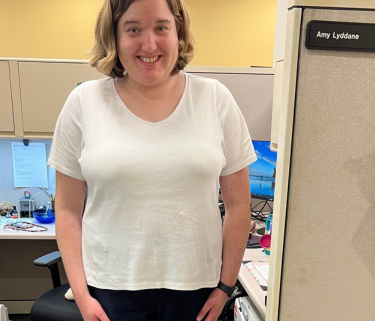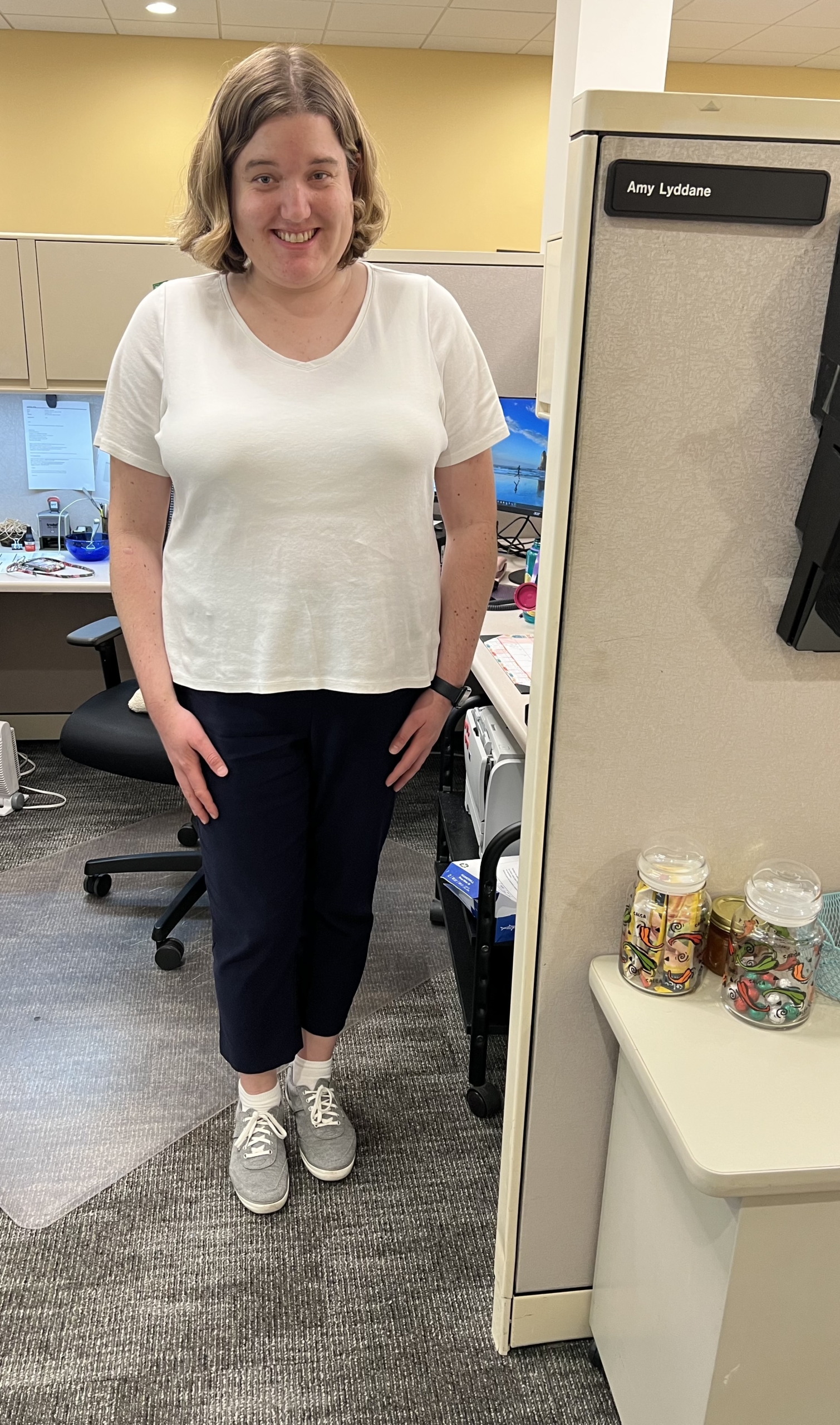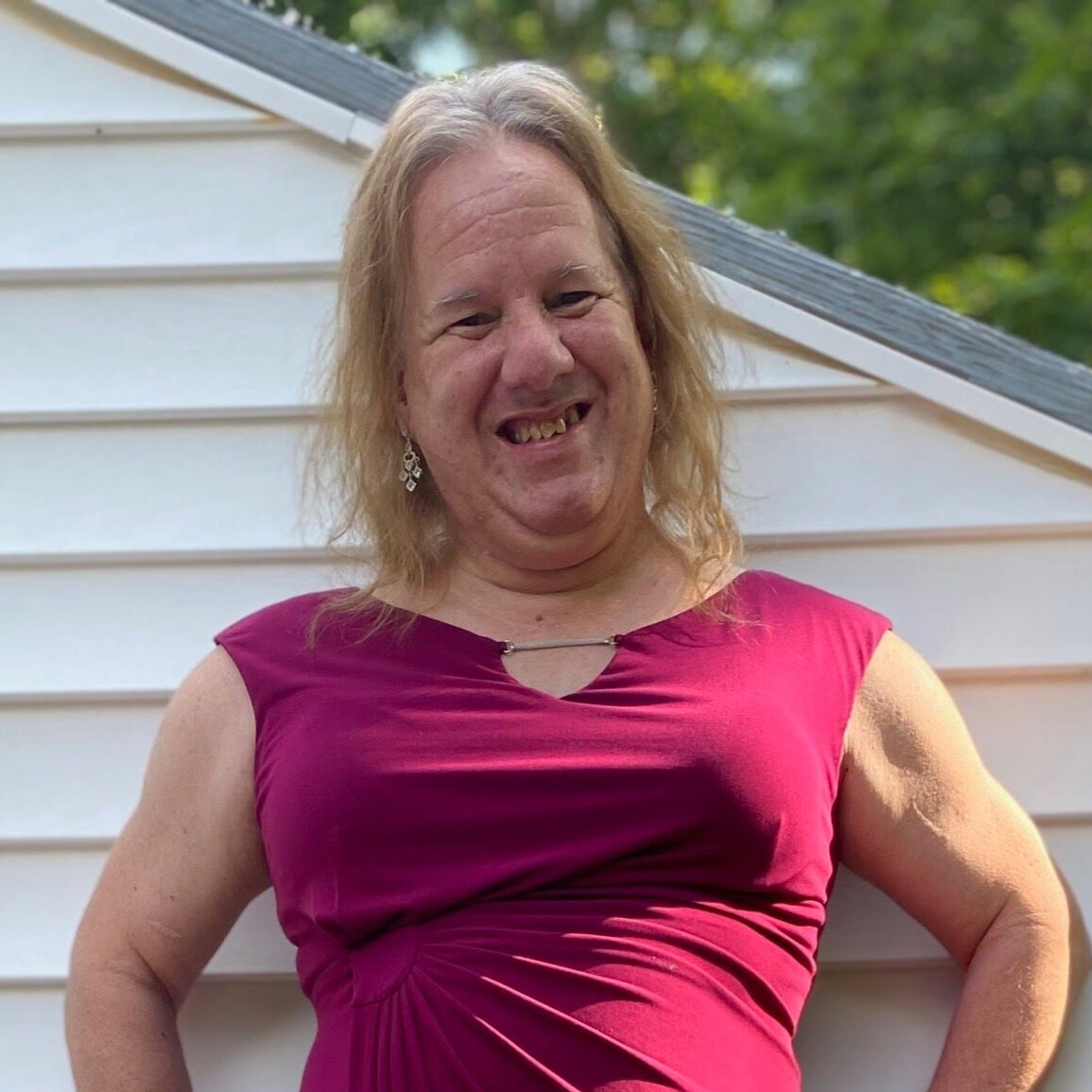Special Education Is Complex. New Partnership Will Give Indiana and Maryland Families Free Support.
Washington, DC, May 19, 2023 – From low expectations and a dire shortage of special educators to isolation and informal suspensions, a quality education is not easy to obtain for U.S. students with disabilities. Caregivers of children with disabilities must become experts at advocating for their children in order to get the support they need. Today, Lids Foundation announced that is providing a $50,000 grant to The Arc to give Indiana and Maryland families free access to The Arc@School, an evidence-based special education advocacy curriculum. This grant has the potential to help over 285,000 children with disabilities living in those states succeed and build bright futures.
The Individuals with Disabilities Education Act (IDEA) was enacted nearly 50 years ago with the goal of providing equal opportunities for students with disabilities. Yet this foundation for the special education system has long failed these students, many of whom don’t receive the education and support they need to thrive. There is also little to no guidance or support for families navigating these complex systems. Lack of access to a quality education continues to cause not only significant gaps in academic achievement for students with disabilities, but also life skills and socio-emotional development – particularly for those with intellectual and developmental disabilities.
The Arc@School was created in 2016 in response to decades of troubling testimonies from self-advocates. The Arc@School is a self-paced online training program that helps caregivers of children with disabilities navigate the special education system from birth through age 21. The Special Education Advocacy Curriculum teaches families their rights under the law, how to ensure the school writes and implements an effective individualized plan (IEP), and how to work with their school to get their accessibility and support needs met. The program has eight modules that total nearly 10 hours of training. The partnership with The Arc and Lids Foundation will be a catalyst for building nationwide power and skills among families so their children with disabilities are valued members of the school population, particularly marginalized communities whose voices are often ignored.
“We are thrilled to partner with Lids Foundation and The Arc of the United States to provide free access to The Arc@School’s Special Education Advocacy Curriculum,” said Ande Kolp, Executive Director of The Arc of Maryland. “This partnership will offer strong support to Maryland families interacting with these confusing and broken systems that continue to cause extraordinary disparities among students with disabilities and their peers.”
“The Lids Foundation is excited to partner with The Arc and their mission to protect the rights of people with intellectual and developmental disabilities,” said Sarah Lim, Executive Director of Lids Foundation. “As a Foundation, we seek to remove barriers that prevent people from being able to live their lives to the fullest potential and cannot wait to join in on and be a part of the solution for so many families through The Arc chapters in Indiana and Maryland.”
“The number of calls we are getting from families about special education issues is exploding,” said Karly Sciortino-Poulter, Director of The Arc Advocacy Network at The Arc of Indiana. “Some of the ways that schools are treating students with disabilities would blow your mind. Thanks to this partnership with Lids Foundation, we can educate Indiana families on their rights and help ensure their children get an appropriate education.”
Lids Foundation has its roots in Indiana and Maryland, which is why this one-year, $50,000 grant is opening doors to families in those states. In Maryland, there are 109,443 students utilizing special education resources, which is 12.4% of the total Pre-K through 12th grade population. In Indiana, there are 175,866 students utilizing special education resources, which is 16.96% of the Pre-K through 12th grade population.
###
About The Arc of the United States: The Arc advocates for and serves people with intellectual and developmental disabilities (IDD), including Down syndrome, autism, Fetal Alcohol Spectrum Disorders, cerebral palsy, and other diagnoses. The Arc has a network of nearly 600 chapters across the country promoting and protecting the human rights of people with IDD and actively supporting their full inclusion and participation in the community throughout their lifetimes and without regard to diagnosis. Visit www.thearc.org or follow us @TheArcUS to learn more. Editor’s Note: The Arc is not an acronym; always refer to us as The Arc, not The ARC and never ARC. The Arc should be considered as a title or a phrase.
About Lids & Lids Foundation: Lids Sports Group is the largest licensed sports retailer in North America, selling fan and fashion-oriented headwear and apparel across the North America, Europe and Australia through over 1,500 retail locations. The Lids Foundation provides support directly to local communities and to the charitable organizations that serve them to enable community members of all ages to live more active, healthy, and productive lives. Visit www.lids.com or www.lidsfoundation.org to learn more.
Media Contact: Jackie Dilworth, dilworth@thearc.org



 After graduating from high school and realizing college wasn’t the right path for her, Amy—who has a learning disability—knew she was ready to begin building her career. She started with typical jobs for young adults, working at Bath and Body Works and Giant Food for several years while taking classes at the local community college until a chance meeting in the college parking lot changed her life.
After graduating from high school and realizing college wasn’t the right path for her, Amy—who has a learning disability—knew she was ready to begin building her career. She started with typical jobs for young adults, working at Bath and Body Works and Giant Food for several years while taking classes at the local community college until a chance meeting in the college parking lot changed her life.






